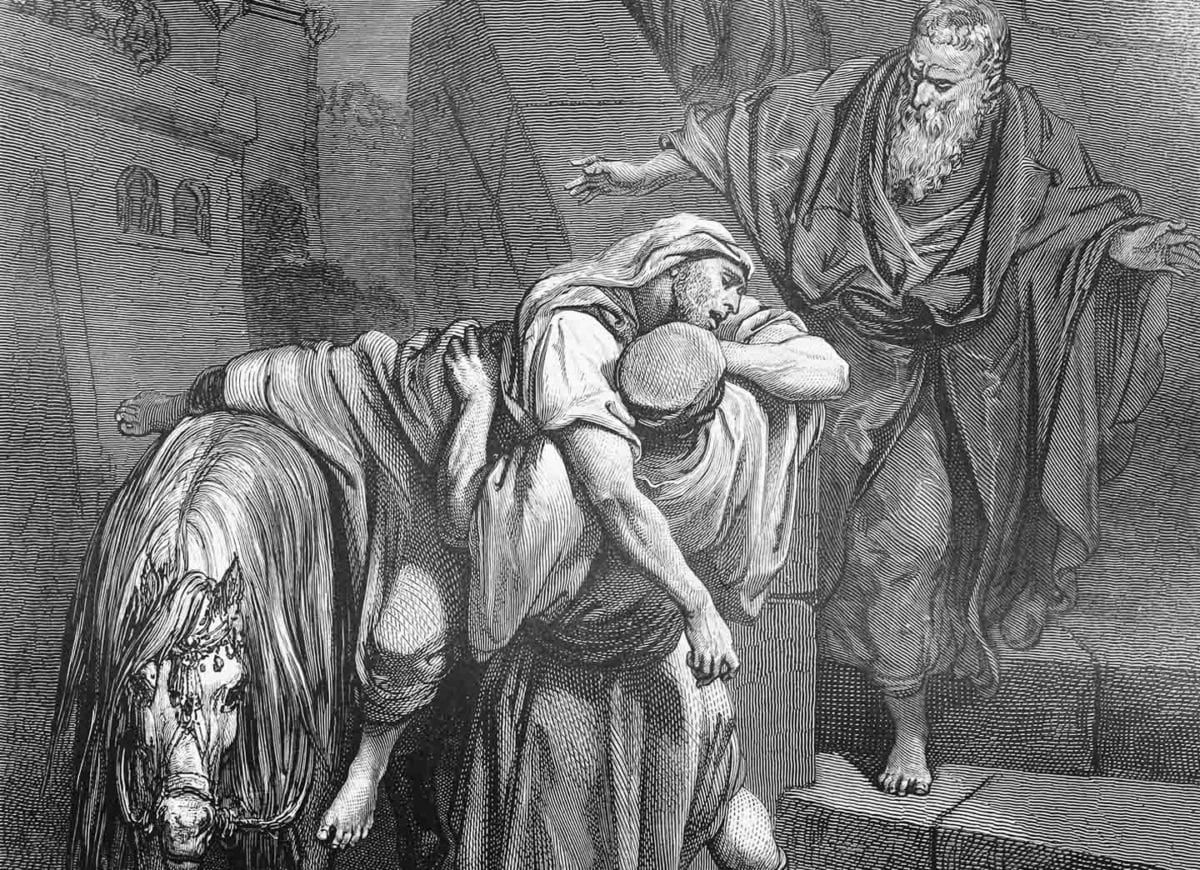What are the two sets of rules about? Let me first share with you a story.
Mullah Nasruddin knocks on his neighbor’s door. He opens the door, greets Nasruddin, and offers him a seat.
The mullah says to him, “I have something to tell you. You are not going to like it but the truth must be faced.”
The neighbor asks anxiously, “What is it?”
“Your bull attacked and badly wounded my cow. If it doesn’t get treatment right away, it is likely to die,” Nasruddin says, “I think it is only fair that you either pay for a new cow or get the injured one fully treated.”
“That is a load of rubbish, what nonsense is this!” the neighbor says angrily, “how can you hold the owner responsible for what his animal did? It wasn’t me who attacked or injured your cow, so don’t ask me for any compensation.”
“Oh, I am sorry. In nervousness and frenzy, I made a mistake in presenting the facts. It was actually my bull that injured your cow,” Nasruddin spurts out, “but I guess it really doesn’t matter whose bull or whose cow it was. They both are animals anyway. Besides, you have made yourself perfectly clear.”
The neighbor had no reply.
Why do people have two sets of rules when they deal with other people?
Often one wants perfection, justice, truth, and fair treatment from the loved ones, from life, from others, from everyone in fact. The question is do you give the same back? A knee-jerk reaction may be an affirmative one that yes you do. But do you really? Many people have two sets of rules, one, the convenient one, for themselves and the harder one, often idealistic, for others. You may also want to read about the secret of a good relationship.
Normally, the person they are facing, more often than not, also has two sets of rules. Such discrepancy is the breeding ground of conflict, frustration, and disharmony. When your sets of rules are identical for yourself and others, half of your problems will disappear.
Compassion is exercising leniency for others but keeping your own benchmark, the one you have for yourself, to the highest level. Problems eliminate themselves for the one who is compassionate.
How can keeping two sets of rules the same for yourself and others bring about peace for you?
Sometimes undesirable, spontaneous actions, however unintentional, can cause grief to others. Be that an incident of road rage, a fit of anger, a lie, or anything that compromises your own identity. The same also holds true for others. They are just about as human as you are and as divine as anyone else. If you remember it, your thought process, your method of dealing with people will change; you will find yourself in greater harmony with them.
I am tempted to quote Maya Angelou here, “I’ve learned that people will forget what you said, people will forget what you did, but people will never forget how you made them feel.”
Go on! make someone feel special. Be fair. Discard the scroll of rules you have for the world; use only one set, the same as yours. You will feel light and free.
It may just be the perfect moment to spell out the ethic of reciprocity, a maxim shared by all religions of the world: “Do unto others what you want done to yourself.”
Peace.
Swami
A GOOD STORY
There were four members in a household. Everybody, Somebody, Anybody and Nobody. A bill was overdue. Everybody thought Somebody would do it. Anybody could have done it but Nobody did it.
Don't leave empty-handed, consider contributing.It's a good thing to do today.









Comments & Discussion
12 COMMENTS
Please login to read members' comments and participate in the discussion.